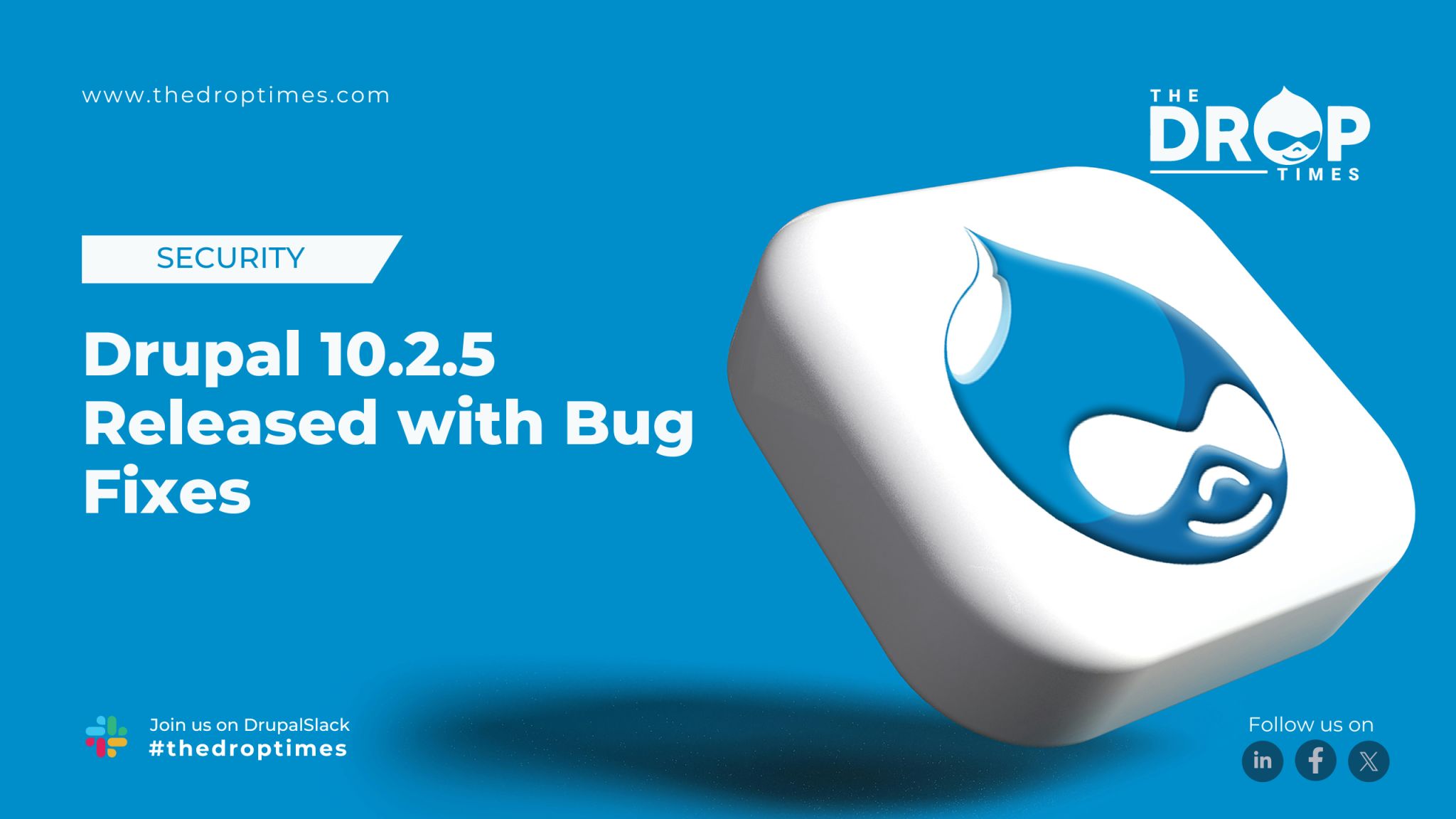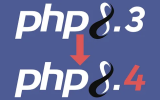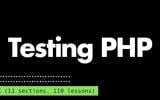Choosing Between Drupal Honeypot and Antibot: A Spam Prevention Guide
Shahalamol R's recent article on Bobscares, “Drupal Honeypot VS Antibot | A Comparative Study," provides an in-depth comparative analysis of two crucial Drupal modules: Drupal Honeypot and Antibot. These modules are designed to fortify Drupal websites against spam, particularly spam submissions via online forms. While their shared mission is spam prevention, each module employs distinct strategies, each with its strengths and drawbacks.
Drupal Honeypot is an efficient module that deploys a hidden "honeypot" field within web forms to catch spam submissions. It adds an extra hidden field that authorized users intentionally leave blank. If this honeypot field contains information upon submission, it flags the submission as potential spam. Its advantages include being lightweight, having low false positives, and user-friendly implementation. However, it offers limited challenge options and may not suit all forms.
On the other hand, Drupal Antibot enhances web forms with optional challenges, such as personalized questions, math problems, or CAPTCHAs. Users must accurately complete these challenges to submit the form, and any inaccuracies or missing responses indicate a spam attempt. Antibot's advantages lie in its customizable challenges, robust spam protection, and flexibility in challenge selection. However, it requires more user interaction and may consume additional server resources.
Overall, both Drupal Honeypot and Antibot are valuable tools in combating spam within the Drupal ecosystem. While Honeypot provides a straightforward solution with hidden fields, Antibot offers greater flexibility by allowing administrators to tailor challenges to specific requirements. Based on this informative analysis, Drupal users can make informed decisions in their fight against spam. For a detailed read, visit the blog post.
Disclaimer: The opinions expressed in this story do not necessarily represent that of TheDropTimes. We regularly share third-party blog posts that feature Drupal in good faith. TDT recommends Reader's discretion while consuming such content, as the veracity/authenticity of the story depends on the blogger and their motives.
Note: The vision of this web portal is to help promote news and stories around the Drupal community and promote and celebrate the people and organizations in the community. We strive to create and distribute our content based on these content policy. If you see any omission/variation on this please let us know in the comments below and we will try to address the issue as best we can.
























